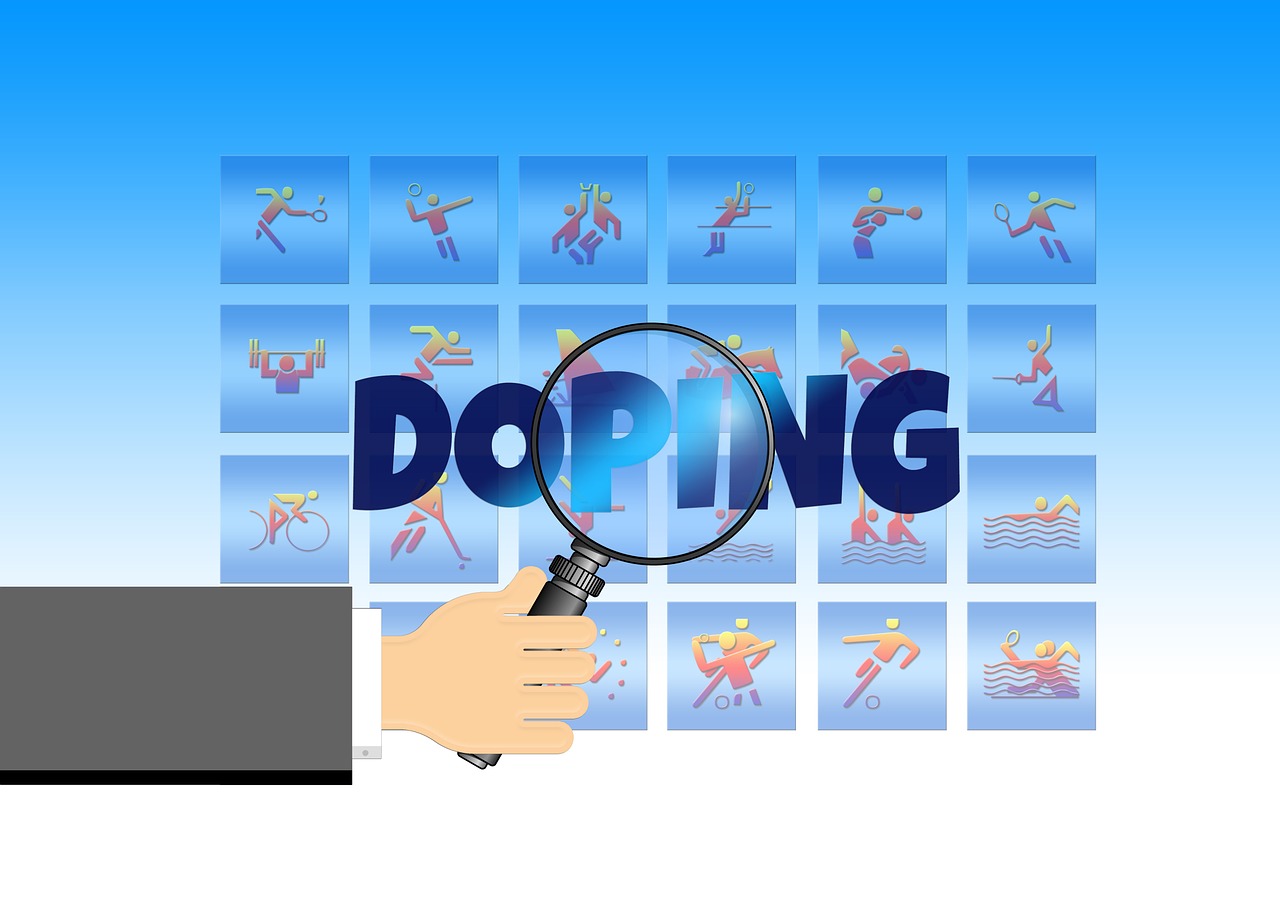While article L.232-9 of the Sports Code prohibits, under penalty of disciplinary sanctions, the use or attempt to use substances or methods appearing on the list drawn up annually by the World Anti-Doping Agency ("WADA") , Article L.232-26 of the same Code, for its part, penalizes the simple possession by the athlete of unspecified substances or methods. The decree of July 1, 2021 published the updated list of these substances and methods prohibited in application of this article L.232-26 of the Sports Code. This is an opportunity to come back to this penal provision in the fight against doping.
The mere possession of prohibited substances or methods constitutes a criminal offense.
Law No. 2008-650 of July 3, 2008 on the fight against trafficking in doping products created the new criminal offense of possession of doping products.
Despite oppositions (in particular Marie George BUFFET, AN - 30.04.2008, p.1837), the criminalization of the possession of doping products by athletes was adopted not out of a desire to imprison athletes in possession of doping products, but with the aim of authorizing the implementation against them of criminal proceedings allowing them to obtain information on the origin of the products detained and any existing networks that only criminal prosecutions and criminal procedures legitimize (custody, more rapid and efficient investigations, flagrance investigations).
Article L. 232-26 of the Sports Code thus sanctions one year's imprisonment and a fine of € 3.750 for the possession of substances or methods fixed by decree of the Minister responsible for sports.
Article L.232-26 of the Sports Code
1 ° The prescription, administration, application, transfer or offer to athletes, without duly justified medical reason, of the substances or methods mentioned in Article L. 232-9, or the facilitation of their use or the encouragement of their use;
2 ° The production, manufacture, import, export, transport, possession or acquisition, for use by an athlete, without duly justified medical reason, of one or more substances or methods listed on the list mentioned in the last paragraph of article L. 232-9;
3 ° The falsification, destruction or degradation of any element relating to the control, the sample or the analysis.
Note:
Unspecified substances and methods identified on the list of prohibited substances and methods
The decree of July 1, 2021 « lists the non-specified substances and methods identified on the prohibited list mentioned in article L. 232-9 "Whose « dattention by the athlete is prohibited in application of article L. 232-26 of the sports code ».
Article L. 232-9 of the Sports Code provides that the prohibited substances and methods are those whose list is drawn up in application of the International Convention against Doping in Sport of October 19, 2005 (or any other subsequent agreement which would have the same object and which would replace it).
This list, which constitutes Annex 1 to the Convention, is updated at least once annually by WADA and is sent to each State signatory to the Convention, which is required to integrate it into its legal order.
For France, it is integrated into our legal order according to the decree publishing the annual amendment to the appendix to the Convention (list of prohibitions - international standard). The decree currently in force having published the list of prohibited substances and methods for the year 2021, and the decree n ° 2020-1722 of December 28, 2020.
According to Decree No. 2020-1722 of December 28, 2020: “ In accordance with Article 4.2.2 of the World Anti-Doping Code, “for the purposes of applying Article 10, all Prohibited Substances are Specified Substances unless otherwise specified in the Prohibited List. No Prohibited Method will be considered a Specified Method if it is not identified as such in the Prohibited List. ».
Thus, the simple possession of the following substances and methods is not specified, and therefore penalized by article L. 232-26 of the Sports Code:
- with regard to substances : anabolic agents (S1), peptide hormones, growth factors, related substances and mimetics (S2), hormone and peptide modulators which present agents preventing the activation of the IIB receptor for activin (S4.3), hormone and peptide modulators that have metabolic modulators (S4.4), a list of stimulants (S6.A);
- regarding methods: manipulation of blood or blood components (M1), chemical and physical manipulation consisting in falsifying or attempting to falsify, with the aim of altering the integrity and validity of samples collected during doping control (M2.1 ), and cellular genetic doping (M3).
The exception relating to duly justified medical reasons
Article 232-26 of the Sports Code specifies that the possession of unspecified substances or methods is not penalized when it is duly justified by a medical reason.
Thus, in the event of authorization for therapeutic use or medical justification, such as a medical certificate or a prescription for justified and appropriate treatment, the athlete is able to be exempt from criminal prosecution.
On the same theme, see the following articles:
[06.06.2021]








